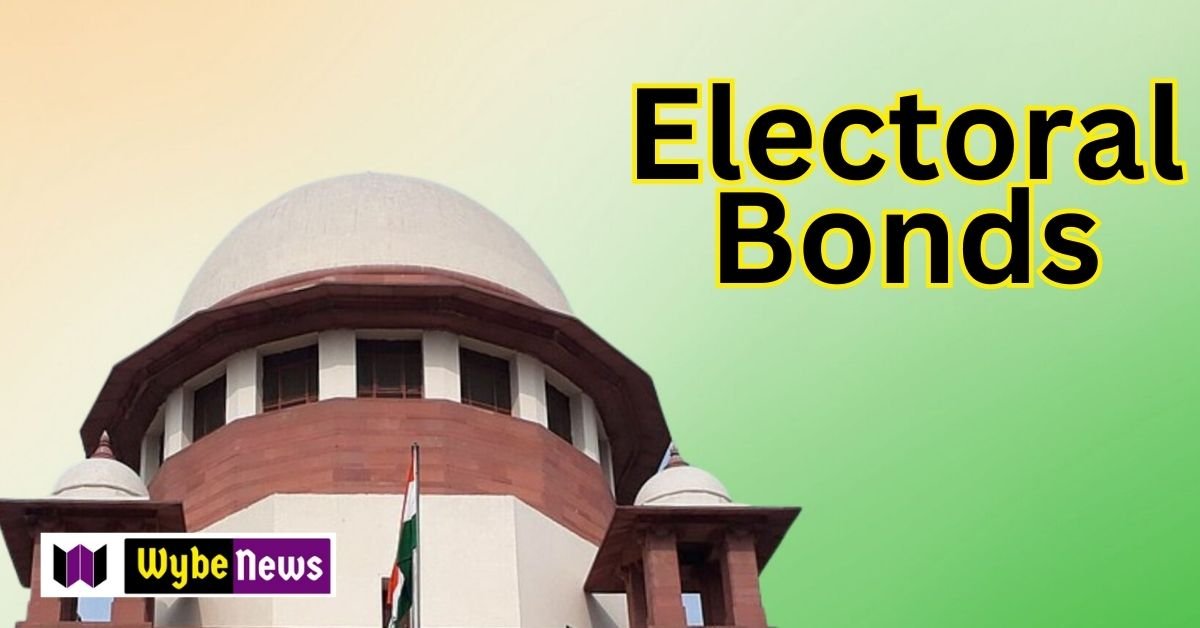Electoral Bonds Scheme Overturned: Supreme Court Tears Away Anonymity Shield, Citing Information, Speech Violations

In a resounding blow to opaque political funding, the Supreme Court of India has declared the Electoral Bonds Scheme unconstitutional. The verdict, delivered on Thursday, dismantles the anonymity feature of the scheme, citing its violation of the fundamental right to information and freedom of speech guaranteed under Article 19(1)(a) of the Constitution.
Reasons for the Judgement:
- Lack of Transparency: The court deemed the anonymity offered by electoral bonds as fundamentally contradictory to transparency and accountability in political funding. This lack of information, they argued, hampers informed decision-making by voters and weakens the free and fair conduct of elections.
- Violation of Right to Information: The anonymity was seen as infringing upon the citizen’s right to information regarding the sources of funding for political parties, which directly impacts their policies and actions.
- Curtailment of Free Speech: The court held that the secrecy surrounding electoral bonds indirectly chills the freedom of speech and expression as voters cannot form informed opinions without knowing who influences policy through funding.
- Unconstitutional Amendments: The amendments made to the Representation of the People Act and Income Tax Act to facilitate the scheme were also declared invalid, rendering the entire framework untenable.
Immediate Impact:
- SBI to Discontinue Issuance: The State Bank of India, the sole issuer of electoral bonds, has been directed to immediately stop their sale.
- Transparency Push: The court ordered SBI to submit details of all electoral bonds purchased since April 2019 to the Election Commission of India (ECI) by March 6th, 2024. This move aims to shed light on past funding patterns.
- Uncertain Future: The future of political funding in India remains uncertain in the wake of this decision. The ECI is expected to play a crucial role in ensuring transparency and accountability going forward.
Reactions and Discussion:
The verdict has ignited mixed reactions. While political parties and activists who opposed the scheme hailed it as a victory for transparency and democracy, supporters argue that it was instrumental in curbing anonymous cash donations and providing a legitimate channel for funding.
The long-term implications of this decision are yet to unfold. It will likely trigger debates and discussions on alternative methods for regulating political funding in India. The possibility of the government challenging the verdict in higher courts also cannot be ruled out.
This landmark judgement underscores the importance of transparency and accountability in political processes. As India grapples with the intricacies of funding its democracy, the Supreme Court’s decision stands as a reminder that informed citizens are at the heart of a truly free and fair electoral system.






